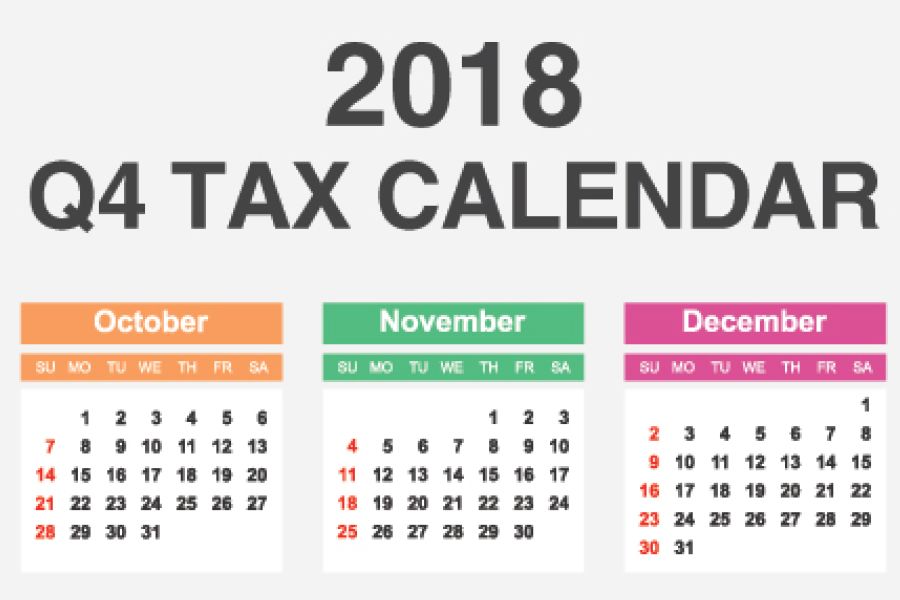Tax identity theft may seem like a problem only for individual taxpayers. But, according to the IRS, increasingly businesses are also becoming victims. And identity thieves have become more sophisticated, knowing filing practices, the tax code and the best ways to get valuable data. How it works In tax identity theft, a taxpayer’s identifying information (such as Social Security number) is used to fraudulently obtain a refund or commit other crimes. Business tax identity theft occurs when a criminal uses the identifying information of a business to obtain tax benefits or to enable individual tax identity theft schemes. For example, a thief could use an Employer Identification Number (EIN) to file a fraudulent business tax return and claim a refund. Or a fraudster may report income and withholding...

As posted on the Peak Prosperity.com and the Chris Martenson's Peak Prosperity YouTube Channel Background The Crash Course has provided millions of viewers with the context for the massive changes now underway, as economic growth as we've known it is ending due to depleting resources. But it also offers real hope. Those individuals who take informed action today, while we still have time, can lower their exposure to these coming trends -- and even discover a better way of life in the process. In this Blog, I am presenting the 27 (inclusive of the introduction) installments of The Crash Course, one per week. Previous installments of "The Crash Course" can be found here: Blog (#311) Introducing "The Crash Course" Blog (#314) Chapter 1: Three Beliefs Blog (#319) Chapter 2: "The Three 'Es'" Blog...
Does your business reimburse employees’ work-related travel expenses? If you do, you know that it can help you attract and retain employees. If you don’t, you might want to start, because changes under the Tax Cuts and Jobs Act (TCJA) make such reimbursements even more attractive to employees. Travel reimbursements also come with tax benefits, but only if you follow a method that passes muster with the IRS. The TCJA’s impact Before the TCJA, unreimbursed work-related travel expenses generally were deductible on an employee’s individual tax return (subject to a 50% limit for meals and entertainment) as a miscellaneous itemized deduction. However, many employees weren’t able to benefit from the deduction because either they didn’t itemize deductions or they didn’t have enough miscellaneous itemized expenses to exceed...
Property tax relief may be available for some Californians. The CA State Controller has announced applications are now available for the CA Property Tax Postponement program (previously suspended). The program allows eligible homeowners who are seniors or blind, or have a disability, to postpone property taxes on their primary residences. Funding is limited and applications will be processed in the order received, beginning 10/1/18. Participants must reapply and show eligibility each year. For details and an application, click here: https://bit.ly/2CUwLvn...
Do you own a vacation home? If you both rent it out and use it personally, you might save tax by taking steps to ensure it qualifies as a rental property this year. Vacation home expenses that qualify as rental property expenses aren’t subject to the Tax Cuts and Jobs Act’s (TCJA’s) new limit on the itemized deduction for state and local taxes (SALT) or the lower debt limit for the itemized mortgage interest deduction. Rental or personal property? If you rent out your vacation home for 15 days or more, what expenses you can deduct depends on how the home is classified for tax purposes, based on the amount of personal vs. rental use: Rental property. If you (or your immediate family) use the home for 14...
As posted on the Peak Prosperity.com and the Chris Martenson's Peak Prosperity YouTube Channel Background The Crash Course has provided millions of viewers with the context for the massive changes now underway, as economic growth as we've known it is ending due to depleting resources. But it also offers real hope. Those individuals who take informed action today, while we still have time, can lower their exposure to these coming trends -- and even discover a better way of life in the process. In this Blog, I am presenting the 27 (inclusive of the introduction) installments of The Crash Course, one per week. Previous installments of "The Crash Course" can be found here: Blog (#311) Introducing "The Crash Course" Blog (#314) Chapter 1: Three Beliefs Blog (#319) Chapter 2: "The Three 'Es'" Blog...
Here are some of the key tax-related deadlines affecting businesses and other employers during the fourth quarter of 2018. Keep in mind that this list isn’t all-inclusive, so there may be additional deadlines that apply to you. Contact me to ensure you’re meeting all applicable deadlines and to learn more about the filing requirements. October 15 If a calendar-year C corporation that filed an automatic six-month extension: File a 2017 income tax return (Form 1120) and pay any tax, interest and penalties due. Make contributions for 2017 to certain employer-sponsored retirement plans. October 31 Report income tax withholding and FICA taxes for third quarter 2018 (Form 941) and pay any tax due. (See exception below under “November 13.”) November 13 Report income tax withholding and FICA taxes for...
Classifying a worker as an independent contractor frees a business from payroll tax liability and allows it to forgo providing overtime pay, unemployment compensation and other employee benefits. It also frees the business from responsibility for withholding income taxes and the worker’s share of payroll taxes. For these reasons, the federal government views misclassifying a bona fide employee as an independent contractor unfavorably. If the IRS reclassifies a worker as an employee, your business could be hit with back taxes, interest and penalties. Key factors When assessing worker classification, the IRS typically looks at the: Level of behavioral control. This means the extent to which the company instructs a worker on when and where to do the work, what tools or equipment to use, whom to hire, where to...
- 1
- 2
- 3
- 4
- 5
- 6
- 7
- 8
- 9
- 10
- 11
- 12
- 13
- 14
- 15
- 16
- 17
- 18
- 19
- 20
- 21
- 22
- 23
- 24
- 25
- 26
- 27
- 28
- 29
- 30
- 31
- 32
- 33
- 34
- 35
- 36
- 37
- 38
- 39
- 40
- 41
- 42
- 43
- 44
- 45
- 46
- 47
- 48
- 49
- 50
- 51
- 52
- 53
- 54
- 55
- 56
- 57
- 58
- 59
- 60
- 61
- 62
- 63
- 64
- 65
- 66
- 67
- 68
- 69
- 70
- 71
- 72
- 73
- 74
- 75
- 76
- 77
- 78
- 79
- 80
- 81
- 82
- 83
- 84
- 85
- 86
- 87
- 88
- 89
- 90
- 91
- 92
- 93
- 94
- 95
- 96
- 97
- 98
- 99
- 100
- 101
- 102
- 103
- 104
- 105
- 106
- 107
- 108
- 109
- 110
- 111
- 112
- 113
- 114
- 115
- 116
- 117
- 118
- 119
- 120
- 121
- 122
- 123
- 124
- 125
- 126
- 127
- 128
- 129
- 130
- 131
- 132
- 133
- 134
- 135
- 136
- 137
- 138
- 139
- 140
- 141
- 142
- 143
- 144
- 145
- 146
- 147
- 148
- 149
- 150
- 151











